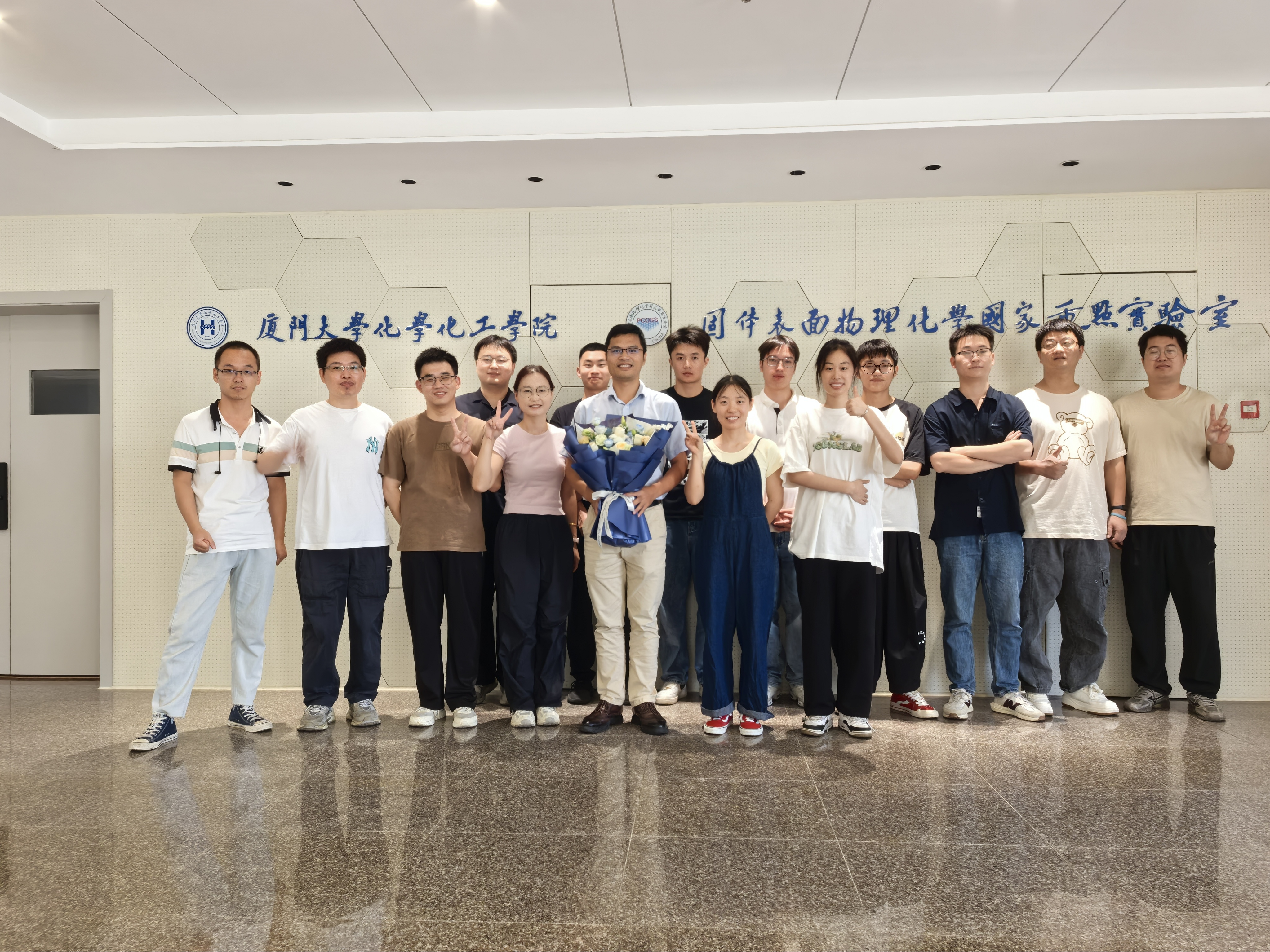
The total synthesis of natural products is one of the important driving forces behind the progress of organic chemistry and serves as a powerful tool for testing synthetic ideas and methods. During the exploratory process of synthesis, it poses new questions and challenges for disciplines including biochemistry, medicinal chemistry, biocatalysis, organic catalysis, metal catalysis, and computational chemistry. Through a profound understanding of chemical reactivity, it proposes new significant chemical theories to guide future practices. From an applied perspective, it provides synthetic samples and their analogs for activity research, greatly advancing the process of drug development. Therefore, conducting research on the total synthesis of natural products is of great significance.
Despite decades of development in the total synthesis of natural products, which has made considerable progress, particularly with the advent of synthetic methods such as asymmetric catalysis, metal coupling, and photocatalysis, enabling the concise synthesis of complex molecules, synthetic efficiency remains a core issue in modern synthesis. The main research focus of our group is to achieve the efficient synthesis of complex natural products with important physiological activities by utilizing traditional efficient bonding reactions, such as cycloaddition and radical reactions, as key means, combined with the development of novel electrochemical bonding methods.